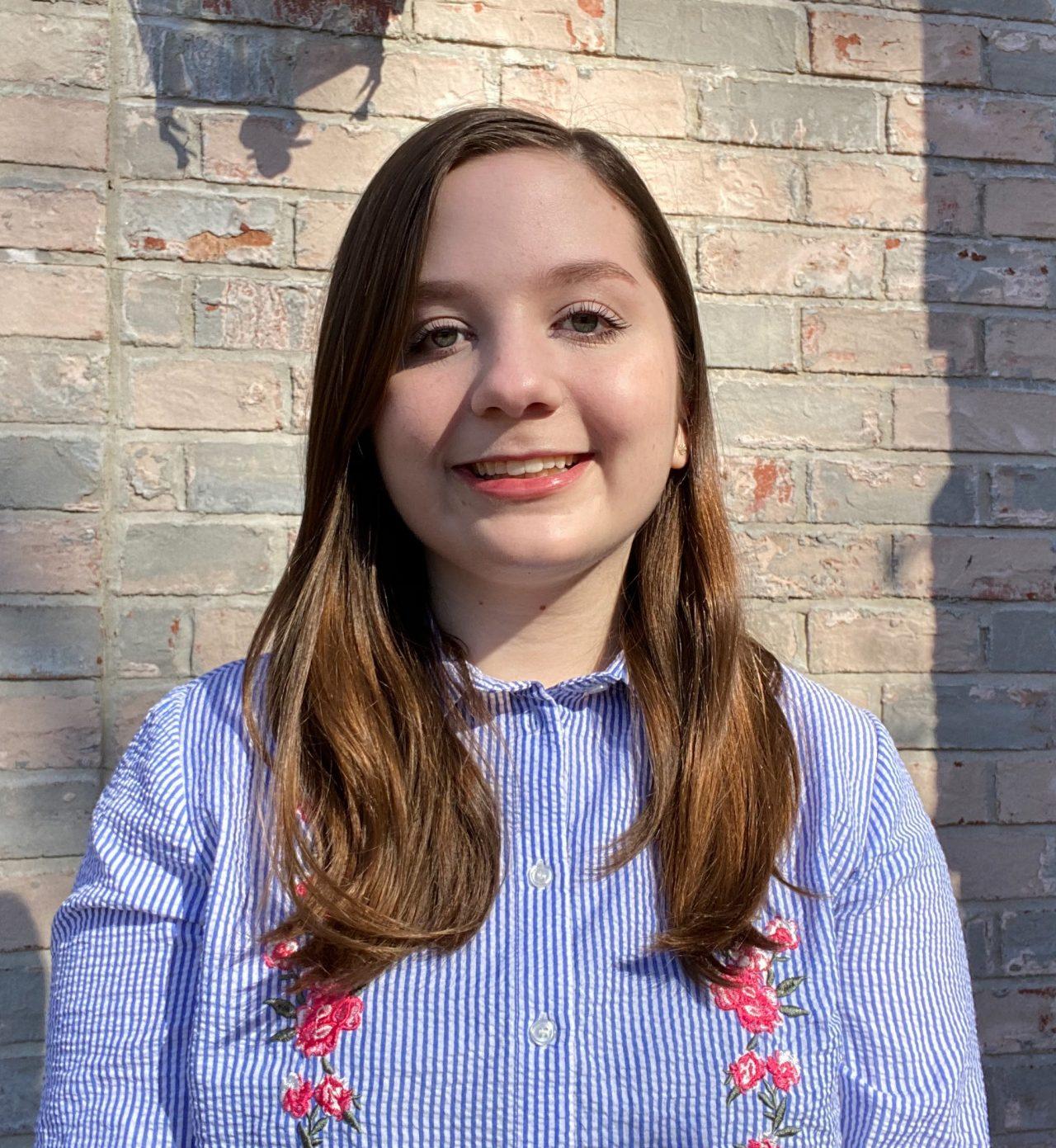Provided by Sophie Feller
The Trinity University Secular Student Alliance (TUSSA) was formed in 2018 to provide community for secular students, including atheists, agnostics, non-believers and questioning students alike.
Maya Fassler, senior business administration major and president of TUSSA, has been a part of the club since its inception at Trinity. After seeing a Facebook post by Alex Bradley ‘18 asking if he was the only secular student on campus, Fassler reached out to let him know he wasn’t alone- today, the club has an estimated 60+ members in Trinity’s chapter of the national organization.
“I think at the root of it, a big misconception of the Secular Student Alliance is that we constantly just sit in a circle and talk about how much we hate religion or how stupid it is, but it really is not that at all. It’s just a supportive group of people and a way to build community for people that can’t really go to the different religious organizations on campus because you don’t believe in their fundamental values,” Fassler said.
Walking around the Student Involvement fair her freshman year, Sophie Feller, senior economics major and treasurer for TUSSA, noticed many religious organizations, but not one for secular students.
“I felt like I was the only atheist on campus. I was nervous to even tell some of my religious friends that I was an atheist. So a couple of years ago when I heard that an SSA chapter was being started on campus, I knew I wanted to be a part of it,” Feller said.
A key area of TUSSA’s programming consists of promoting science education, even celebrating Charles Darwin’s birthday. The club also recently held their annual event, the “Graveyard of the Gods,” which occurs around Halloween.
“We recognize different gods overtime that are considered dead, so Greek gods or the Roman gods who no one really believes in anymore, just to kind of show the impermanence of deities,” explained Fassler.
Though “Graveyard of the gods” normally occurs as an on campus demonstration where students decorate gravestones, the event happened over social media this year to raise awareness. Service projects are among other events TUSSA has had to change due to the influence of COVID-19 on campus life.
Last year, the club began planning a succulent sale fundraiser for their chosen philanthropy, Doctors Without Borders, but it was ultimately canceled due to the switch to remote learning.
“Service is a really big part of our organization because it’s something that a lot of us are passionate about,” explained Fassler. “Also, a lot of people in the world think that people who don’t believe in god don’t have morals so I think it’s kind of a way to be like ‘hey, we do.’”
Along with Doctors Without Borders, TUSSA regularly works with other non-religiously affiliated organizations like San Antonio Pets Alive by walking dogs. Though event-planning has become substantially different in the wake of COVID, the officer team is currently brainstorming ways to remain committed to fostering community in the greater San Antonio area.
For Feller, TUSSA has provided an environment where she feels completely welcome.
“It’s amazing to have a safe, judgement-free place to discuss what it means to be secular,” Feller said. “Most of my friends outside of SSA are religious, so it’s been great to meet other secular people on campus. We have a pretty tight knit group of people who regularly attend our meetings, and they come from all different backgrounds.”
Though Fassler initially intended to join TUSSA as a way to build connections with secular students, one of her most unexpected connections has been with Chaplain Alex Serna-Wallender.
Chaplain Serna-Wallender, who regularly meets with TUSSA leadership, seeks to support students on all ends of what he calls “worldview groups.”
“Recognizing that our worldviews shape how we see, understand, and engage with the world around us,” explains Serna-Wallender. “[TUSSA] represents an important part of our Worldview/Spiritual Life group representation and making sure our secular students are included and supported in their journeys of growth and understanding and connections with others who care about worldview/spiritual exploration is essential.” Both with support from Serna-Wallender and independently, TUSSA has intentionally tried forming connections with other worldview organizations on campus to combat the stereotype that secular people lack morals.
“I feel like it’s very taboo sometimes, like ‘she doesn’t believe in god, she doesn’t have morals,’ but we really want to decrease that stigma through uplifting events with other groups,” said Fassler.
While TUSSA has reached out to various religious organizations, they have collaborated the most with Hillel, Trinity’s Jewish Students Association. From hosting joint meetings, to organizing members to attend Hillel’s Purim party, TUSSA has worked to ensure that members are actively involved with learning more about each other’s pers.
“[Members of Hillel] have been really nice and supportive and welcoming of me into their spiritual community, which is great,” said Fassler. TUSSA hopes that other religious organizations are also open to collaborating in the future.
Students hoping to connect with the Trinity Secular Student Alliance can join biweekly meetings by emailing [email protected] or connecting with @tusecularstudents on Instagram.







